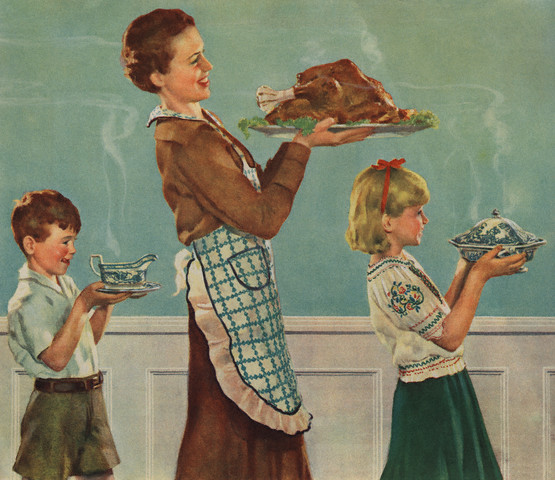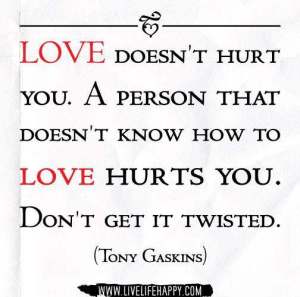Everyone likes to think that they are good at loving. After all, we have really strong, loving emotions so surely we must be very loving people, right? But here’s a hint: if the person you love doesn’t experience you as loving, you’re doing it wrong. So in order to help y’all out, here’s a handy-dandy checklist based on the famous 1 Corinthians 13 verses:
Love is patient:
Do you complain that the object of your affection isn’t improving fast enough? Do you get upset that you have to deal with the same problems over and over? Do you wonder why they haven’t gotten their crap together? Or are you willing to allow them the lifetime God has granted them to become who they were created to be?
Love is kind:
Do you assume the best of your loved one? Do you step in to tell them how wonderful they are when they are beating up on themselves – or being beat up on by others? Do you help them write the story of their lives in a way which portrays them in the best light possible?
Love does not envy:
Do you think that your loved one has it easier than you do and resent them for it? When things go well for them do you get upset because things aren’t going well for you? Do you think that they are getting the better part of your relationship?
Love does not boast:
Is it important to you that your loved one recognize your every accomplishment, good dead and sacrifice? Do you feel the need to regularly remind them of what you do for them and how they benefit from being in a relationship with you?
Love is not self-seeking:
Do you have a “what have you done for me lately?” attitude with your loved one? Do you think about the things they could be doing for you, but aren’t?
Love is not easily angered:
Are you quick tempered when your loved one screws up? Are you using your anger to pressure your loved one into keeping you happy? Do you frequently take offense at things your loved one says or does?
Love keeps no record of wrongs:
Do you sometimes throw past errors or intemperate words in the face of your loved one? Do you feel that your loved one is more often in the wrong than you? Do feel that some past sin or error has created an imbalance between you which they need to make up for?
Love does not delight in evil:
Continue reading “Love – A Checklist”






